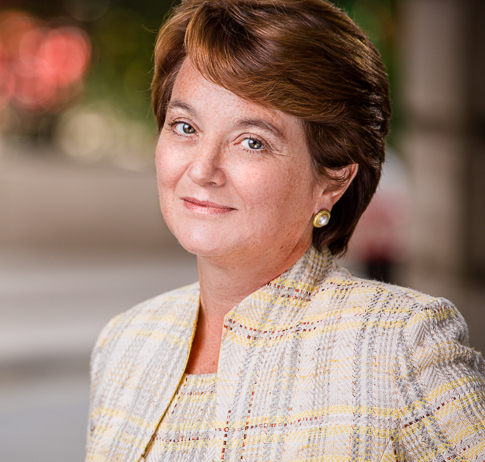Article
Labour proposals for independent schools in the UK: avoiding some pitfalls of contingency planning
5 December 2023 | Applicable law: EU | 5 minute read
The Labour party is planning to strip certain tax benefits from charitable fee-charging schools should it come into Government. Many in the independent sector are considering how new income streams might be generated to help absorb costs and minimise impact.
Some schools are considering how existing assets such as the school site or other land or buildings could be let to third parties to bring in additional income. Such a proposal will, generally speaking and subject to the school's relevant powers, be a perfectly viable one to consider. However, there are a number of important issues to bear in mind, such as:
- ensuring there are no legal restrictions that might get in the way;
- the tax and trading implications of such action (including whether a trading subsidiary might need to be established); and
- the increased responsibilities of schools in respect of third parties operating on site contained in the recently updated Keeping Children Safe in Education statutory guidance (the 'KCSiE Guidance').
'Designated land', 'permanent endowment' or 'specie land' are slightly different ways in which land can be held for particular purposes, usually on trust. An example might be a building given to a school on specific trusts requiring it to be used as a music hall for the school's pupils. With this sort of land, it's important to check the specific terms on which it is held before looking to use it for anything new. It may in some cases be necessary to lift or amend restrictions under the Charities Act.
Activities such as out-of-hours hire contracts or renting out parts of a school site may, depending on to whom and for what they relate, also give rise to tax and trading issues for a school. A school is able to undertake 'primary purpose trading', i.e trading that advances the school's objects, without the profits being subject to tax. For example, renting out its theatre to a local youth drama organisation to hold workshops/programmes (assuming this is accommodated by the objects).
The profits from 'non-primary purpose trading', however, will generally be taxable. This is trading undertaken with the main or sole aim of raising funds, rather than to advance the charity's purposes. A school renting out a building or part of its site to a commercial organisation to hold a business meeting or a corporate conference would constitute non-primary purpose trading.
There is a small scale exemption for non-primary purpose trading, which can be helpful for low-level activity, but where this is exceeded, a school would usually need to hive the activity down into a wholly-owned trading subsidiary.
With trading subsidiaries, schools need to be careful in managing the relationship, including in handling conflicts of interest and loyalty on the school and subsidiary boards, and avoiding any improper subsidy of the non-charity. Both points need care, for example, whenever any supplies are made as between the two entities, including when licensing school trade marks, investing initial working capital (where governors will also need to consider the rules around charity investments), and providing back-office support.
Finally, the recently updated KCSiE Guidance also raises important considerations for making a school site available to third parties. The guidance now provides that:
- "where services or activities are provided separately by another body" (i.e. not by the school or college), the school should "seek assurance that the provider concerned has appropriate safeguarding and child protection policies and procedures in place (including inspecting these as needed); and ensure that there are arrangements in place for the provider to liaise with the school or college on these matters where appropriate"; this recommendation applies regardless of whether external services taking place at the school site are attended by children who attend the school;
- schools need to undertake the requisite due diligence on any potential third parties looking to make use of school space to ensure that safeguarding requirements are met and that everything from basic health and safety to child protection and the suitability of staff and volunteers is accounted for; and
- schools must ensure that third parties and have appropriate safeguarding and child protection policies and procedures in place, in the same way as expected of the school or college itself.
These added responsibilities necessitate policy planning and a balancing exercise; schools will for example need to check that third parties have appropriate policies in place, without necessarily "signing off" on these as being sufficiently robust, in a way that the third party would rely on.
For any advice on the issues discussed here, please contact Philip Reed, Alison Paines or Hugo Walford.


